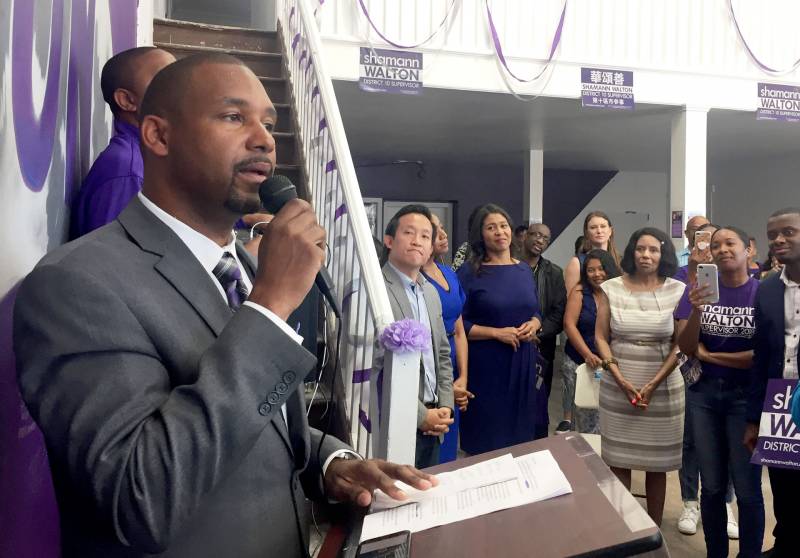San Francisco officials on Tuesday approved a task force that will study financial compensation, community programs and other ways to make reparations to the descendants of slaves, becoming the largest city to take such a step.
The Board of Supervisors voted unanimously to appoint the 15-member African American Reparations Advisory Committee, including Black people who have been displaced from San Francisco, have been incarcerated or have experienced homelessness, among other criteria.
“The appointments of this reparations advisory committee is an historical event, as I am unaware of any other legislated body in place to prioritize injustices and create a true reparations plan in a package for Black people,” said Board President Shamann Walton, who introduced the proposal.
In the next two years, the committee will have to submit a final draft that, according to the legislation, should determine “the scope of and eligibility for a citywide reparations program … to make whole those who have been wronged or who continue to suffer harm from past wrongs.”
The committee will seek input from the Black community on ways to improve education, housing, violence prevention, workforce development and other areas.

